Ask AI on The Internet
Question: 1. What should you do if you suspect a poisoning has occurred? 2. What distractions make driving riskier for students at your school? What are the potential consequences of distracted driving? 3. Why does the American Red Cross recommend that untrained people not enter the water to help someone who is drowning? What does the American Red Cross recommend instead?
### 1. What should you do if you suspect a poisoning has occurred? If you suspect someone has been poisoned, it's crucial to act quickly and follow these steps: **1. Assess the Situation:** - **Check for Danger:** Ensure the environment is safe for you and others. Remove any ongoing exposure to the poison if possible but be cautious to avoid exposure yourself. **2. Seek Professional Help:** - **Call Emergency Services:** Dial your local emergency number (e.g., 911 in the U.S.) if the person is unconscious, having difficulty breathing, experiencing seizures, or showing other severe symptoms. - **Contact Poison Control Center:** Call the Poison Help line at 1-800-222-1222 in the United States. They can provide immediate guidance. **3. Provide Information:** - **Details of the Poison:** Be ready to provide any information about the substance involved, the amount taken, and the time of ingestion or exposure. - **Victim's Details:** Give information about the person affected, such as their age, weight, and any existing health conditions. **4. Follow Instructions:** - **Don't Induce Vomiting:** Do not induce vomiting or give them anything to eat or drink unless specifically instructed by a medical professional. - **First Aid:** Follow any first aid steps provided by the professionals on the line, which may vary depending on the type of poison. **5. Monitor the Person:** - **Stay with Them:** Keep an eye on the individual and be prepared to provide the emergency responders with any additional information when they arrive. ### 2. What distractions make driving riskier for students at your school? What are the potential consequences of distracted driving? **Common Distractions:** - **Mobile Phones:** Texting, calling, or using social media are significant distractions. - **Eating and Drinking:** Consuming food or beverages while driving. - **Friends:** Interacting with passengers can divert attention from the road. - **Music and Controls:** Adjusting the radio, music devices, or vehicle controls. - **External Distractions:** Paying too much attention to pedestrians, billboards, or scenery. **Potential Consequences:** - **Accidents:** Increased risk of collisions, which can lead to injuries or fatalities. - **Legal Repercussions:** Fines, license suspension, or other legal consequences for violating traffic laws. - **Higher Insurance Rates:** Involvement in accidents can result in increased insurance premiums. - **Emotional Impact:** Emotional trauma for the driver, passengers, and others involved in an accident. - **Academic Impact:** Time away from school due to injuries or legal issues can affect academic performance. ### 3. Why does the American Red Cross recommend that untrained people not enter the water to help someone who is drowning? What does the American Red Cross recommend instead? **Rationale for Not Entering the Water:** - **Safety Concern:** Entering the water without proper training increases the risk of drowning for the rescuer. Drowning victims can panic and inadvertently pull their rescuer underwater. **Recommended Actions:** - **"Reach, Throw, Don’t Go":** This approach focuses on using a reaching or throwing method to assist the person in distress from a safe position. - **Reach:** Extend a long object (like a pole, stick, or towel) to the person to pull them to safety. - **Throw:** Throw a flotation device or rope to the person to help them stay afloat until professional rescuers arrive. - **Call for Help:** Immediately call emergency services for professional rescue. **Stay Calm and Guide:** - **Verbal Instructions:** If possible, provide clear and calm instructions to the drowning person to help them remain calm and conserve energy. By following these recommended steps, you can assist effectively while minimizing risk to yourself and ensuring professional help is on the way.
Think your answer is better than the AI's? Post it below.
Other Most Relevant Posts:
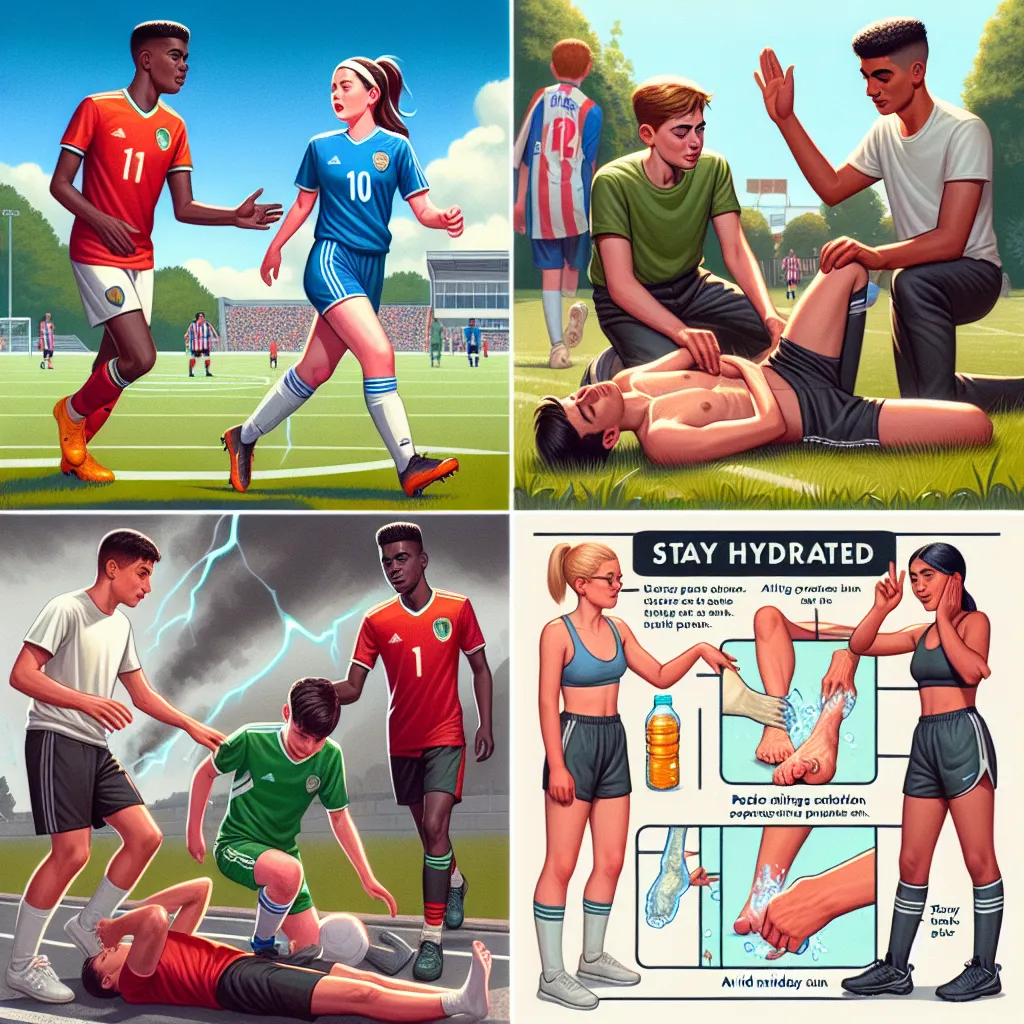 **Good Sportsmanship Demonstrated**
**Benefits of Starting Slow in Physical Activity**
**Hydration's Vital Role in Physical Activity**
**Safety Tips for Extreme Physical Activity**
**Trea
**Good Sportsmanship Demonstrated**
**Benefits of Starting Slow in Physical Activity**
**Hydration's Vital Role in Physical Activity**
**Safety Tips for Extreme Physical Activity**
**Trea
Question Tags
If you want your question answered by an AI, click here.
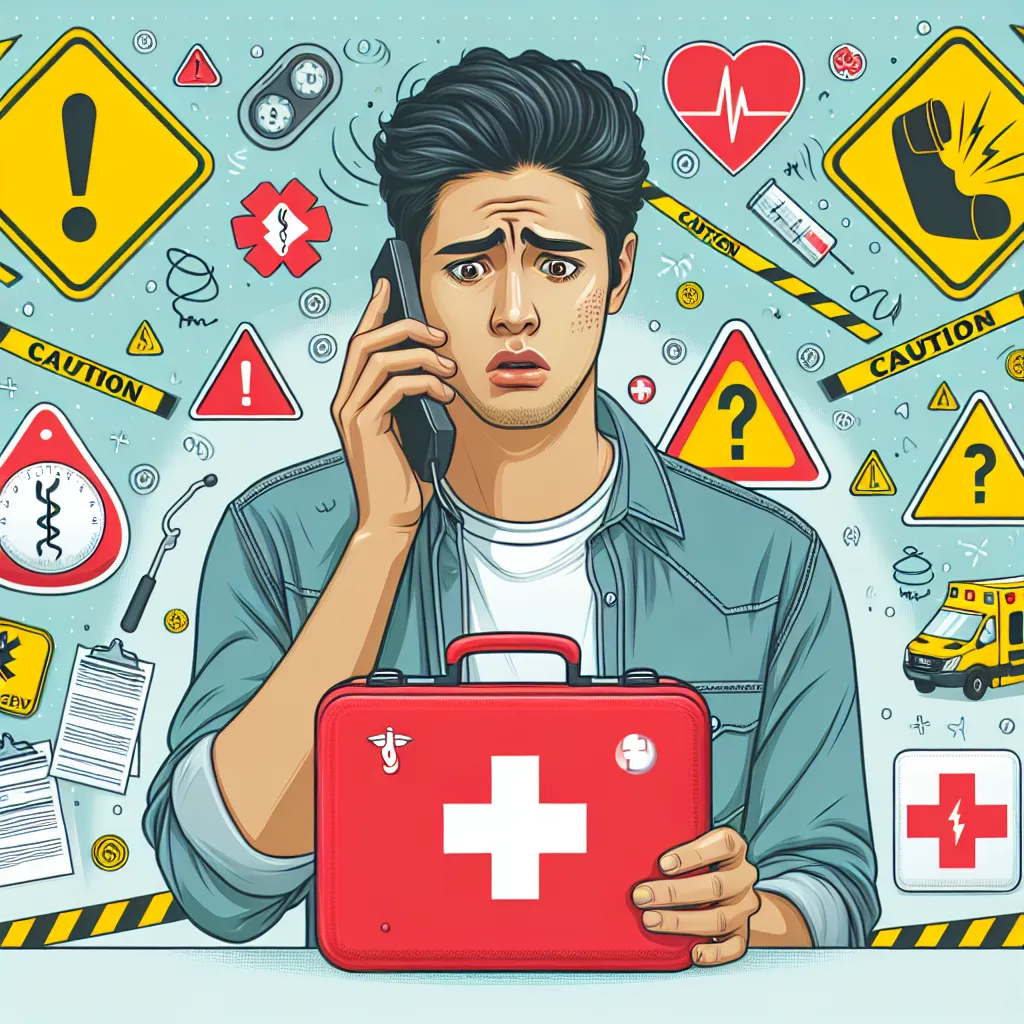
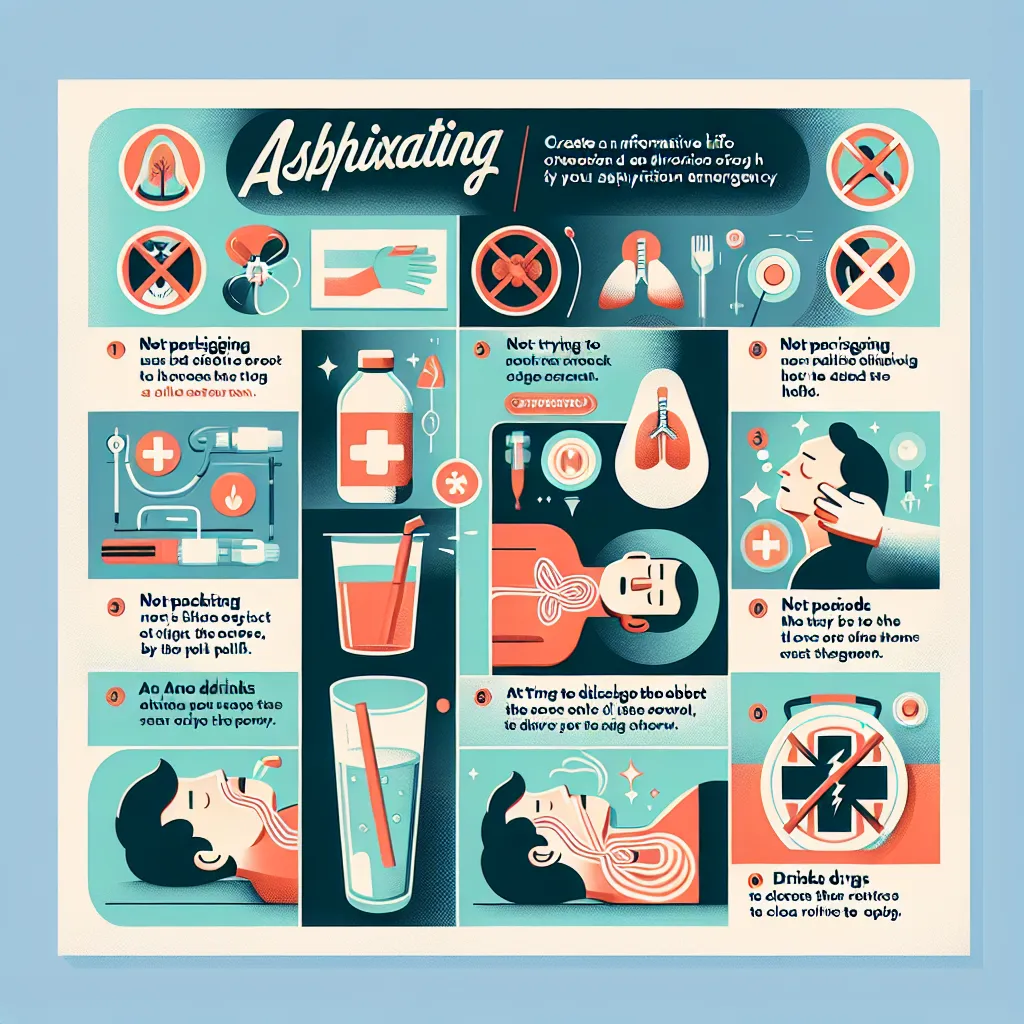
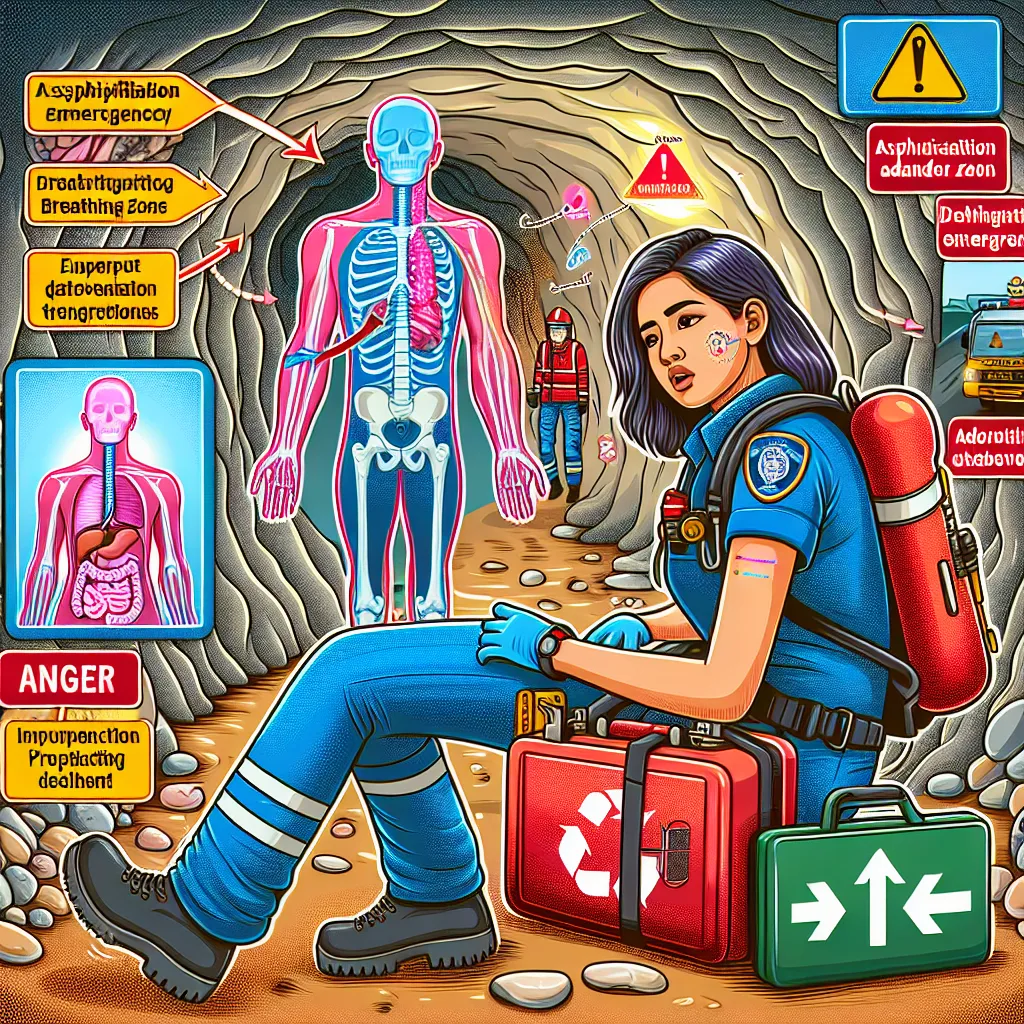

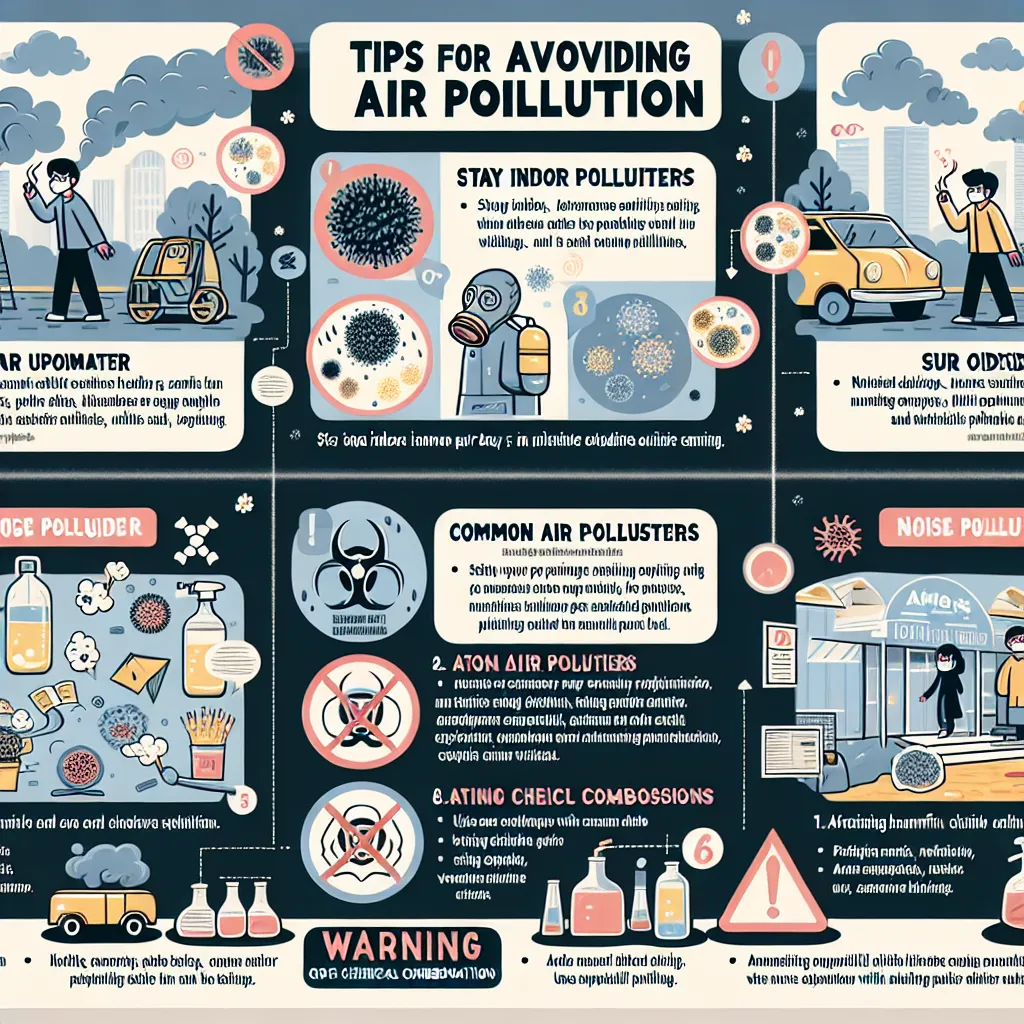
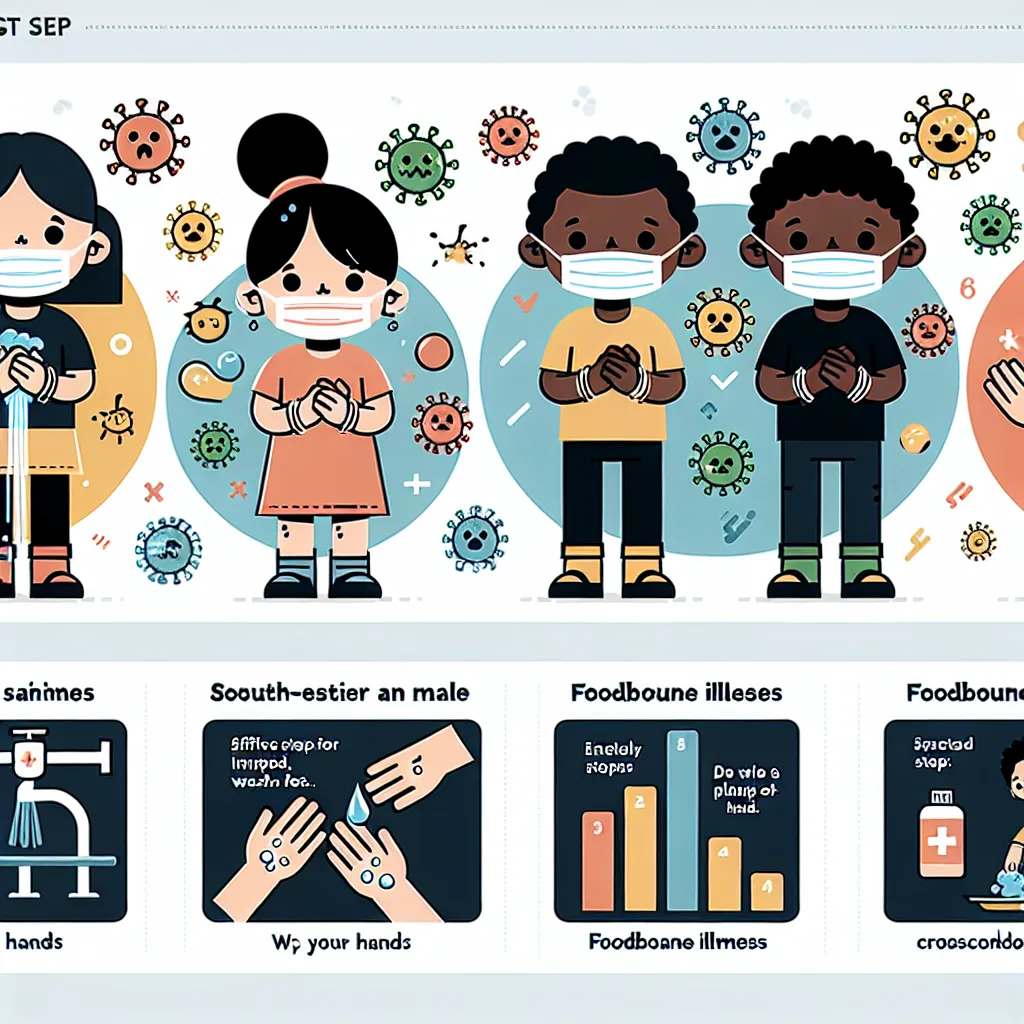
Post your own comment: